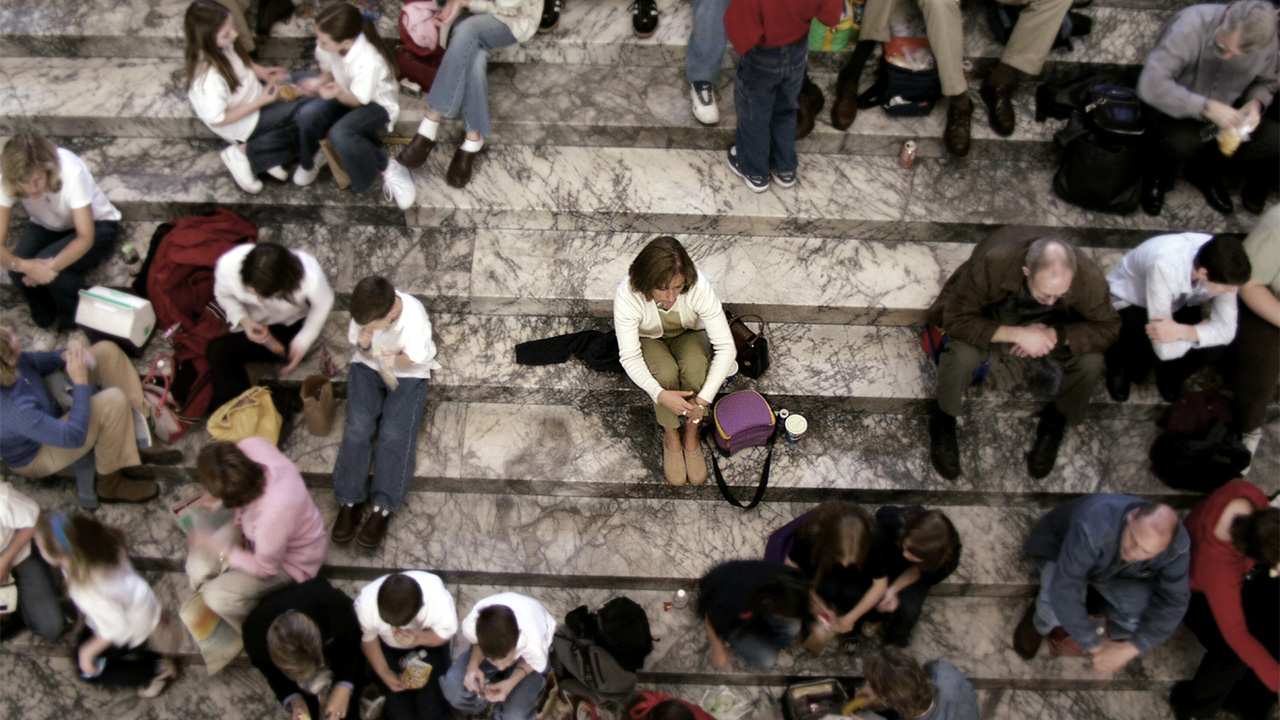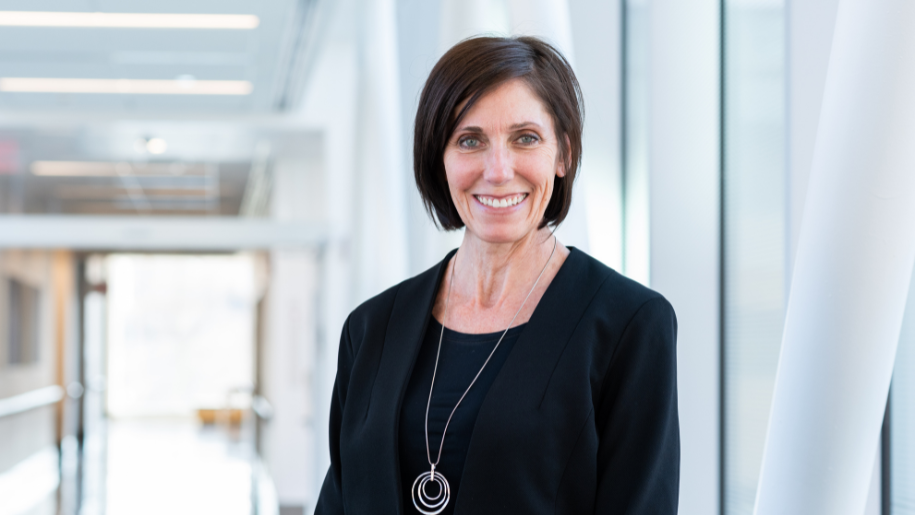The last four years have seen remarkable changes in our world.
The pandemic, wars, economic inflation, an increasingly charged political climate, and changes in the world of media and artificial intelligence are just some of the national and global realities societies have shared, notwithstanding the personal circumstances of each individual person and their communities.
Another avenue of life that has seen a drastic shift?
Our feelings of loneliness.
Even in a world where someone can chat with friends online, laugh at memes or videos texted by family members or send messages to coworkers, increased communication over your favorite social network, hasn’t eliminated people feeling lonely.
Surgeon General of the United States Dr. Vivek H. Murthy calls “loneliness, isolation, and lack of connection in our country” in the United States both an “epidemic” and a “public health crisis.”
In a 2023 report entitled “Our Epidemic of Loneliness and Isolation: The U.S. Surgeon General’s Advisory on the Healing Effects of Social Connection and Community,” Surgeon General Dr. Murthy refers to scientific research saying, “about one in two adults in America reported experiencing loneliness.”
In his letter in the advisory, Surgeon General Dr. Murthy wrote,
“Loneliness is far more than just a bad feeling—it harms both individual and societal health. It is associated with a greater risk of cardiovascular disease, dementia, stroke, depression, anxiety, and premature death. The mortality impact of being socially disconnected is similar to that caused by smoking up to 15 cigarettes a day, and even greater than that associated with obesity and physical inactivity. And the harmful consequences of a society that lacks social connection can be felt in our schools, workplaces, and civic organizations, where performance, productivity, and engagement are diminished.”
May is Mental Health Awareness Month. Whether the word loneliness is in your daily vocabulary or feels like what you or someone you know has been experiencing, know there are resources, opportunities for human connection, and hope available to you.
UC Health spoke with three staff members to discuss the role of loneliness in society, patients, and our daily mental health: Barbara Walker, PhD, Integrative Health and Performance Psychologist in the Department of Psychiatry and Behavioral Neurosciences at the University of Cincinnati College of Medicine, and Clinical Director of the Parks for Wellness program through the Osher Center of Integrative Health, Stephen Rush, MD, Medical Director for Ambulatory Services for psychiatry at UC Health and faculty psychiatrist with the Department of Psychiatry and Behavioral Neuroscience with the University of Cincinnati College of Medicine and Chad Balilo, Manager of the Cardiopulmonary Rehab and Cancer Exercise Wellness programs at UC Health and exercise physiologist with UC Health.
The loneliness reckoning in a post-covid world
Dr. Rush shared his own experiences with widespread loneliness and social disconnection.
“[I am] certainly no stranger to loneliness, both in my personal life and in my professional life,” Dr. Rush said. “It's something that all people experience from time to time, especially more frequently, post-pandemic.”
“I'm frequently talking to patients about the difference between being alone and being lonely,” Dr. Rush said, explaining the reality of loneliness can be found in the disconnection from healthy social and relational expectations and desires. Community is a critical component of human success and satisfaction. However, it is the quality of those connections that has the most impact on health, not the quantity of them.”
Loneliness can stem from different sources of life: Personal relationships and dynamics, diagnoses, workplace or school interactions, politics and social causes, geography, etc.
The factor repeated by Dr. Walker, Dr. Rush, and Balilo that significantly affected how people think and talk about loneliness is the pandemic and political and social events surrounding 2020. Years later, some people are still struggling with how to interact with each other confidently.
On the use of the word ‘lonely’ itself, Dr. Walker said, “In my experience, people don’t express the actual word “loneliness” but rather talk around it, giving examples of how it seems that they are feeling isolated and siloed more than they have in the past. I’ve certainly seen more depression and anxiety symptoms within the population I work with, as well as with family and friends”.
“Stay-at-home orders resulted in people isolating themselves, and in a time of heightened anxiety during this collective trauma, keeping yourself isolated was actually a way of protecting yourself that, now, has been integrated into people's defense mechanisms,” Dr. Rush recalled. “The internal message became that being alone protects me from these things that are scary and out of my control. And that's now become a habit that is really hard to break.”
Dr. Walker, Dr. Rush, and Balilo all shared how they have seen an increase in patients seeking help due to direct or indirect side effects of prolonged loneliness.
“I think that I really notice it a lot more in our immunocompromised patients,” Balilo said. “I know that the pandemic hit them a whole lot harder. As we started having vaccines come out and these things that kind of pushed us back into the world, a lot of our immunocompromised folks like our cancer patients, a lot of our heart and lung transplant patients, still have to mask up in public or are still recommended to,” Balilo continued. “Minimizing high-risk social interactions was the guidance for a very long time just because their immune systems couldn't handle what was being thrown at them.”
Medical teams and researchers continue to learn more about how feelings and expressions of loneliness can affect someone’s mental and physical well-being.
“Findings from a study support the view that loneliness poses significant health risks in terms of reduced mental health (depression, anxiety) and increased suicidal ideation,” Dr. Walker explained, referencing a 2017 study published in BMC Psychiatry discussing loneliness in the general population, “Loneliness also contributed to smoking as an indicator for an unhealthy lifestyle. More physician visits, inpatient treatments, and intake of psychotropic medication may be due to subjects’ reduced mental health due to their loneliness. Taken together, these findings support the view that loneliness should be regarded and inquired about as a relevant health variable on its own when working with patients.”
Dr. Rush shared that he and his colleagues are seeing different populations of patients, including those in minority groups and younger demographics, who are going through different seasons of transition and finding it harder to make connections, significantly contributing to feelings of isolation and loneliness.
“This subconscious message that ‘being alone is safe,’” might be a natural consequence of a global pandemic Dr. Rush said. “Since the start of the COVID-19 pandemic I am having conversations with almost every new patient I see about the various dimensions of well-being, and the one that is, recently, the most difficult for people to grasp is the importance of social interaction.”



